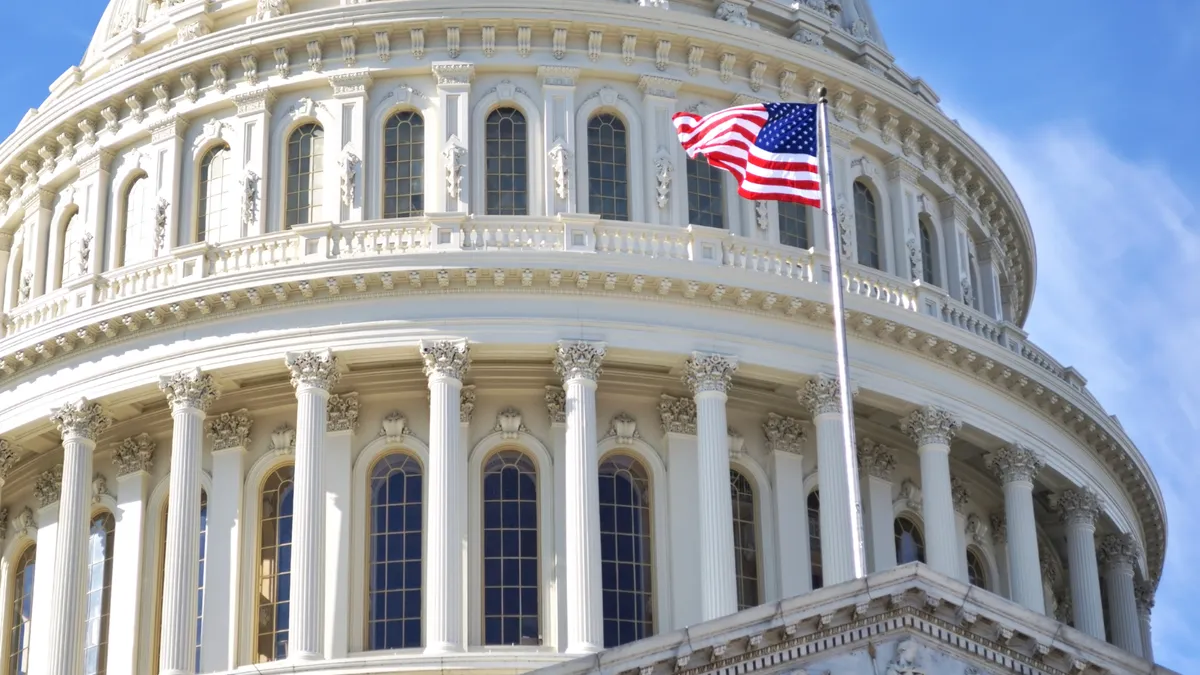Dive Brief:
- A bill that would allow nonexempt, private sector employees to choose either time-and-a-half overtime pay or an hour and a half of compensatory time off in exchange for working extra hours has passed the House of Representatives by a 229-197 vote, The Washington Post reports.
- The Working Families Flexibility Act of 2017 was sponsored by House Republicans and passed along party lines, the Post said. The bill essentially allows eligible employees to choose comp time to be used at a later date instead of receiving immediate pay for overtime hours.
- Supporters of the bill, including SHRM Congressional Affairs director Lisa Horn, say it won't allow employers to pressure employees into choosing comp time and that penalties in the bill discourage this. Opponents are worried about the bill's requirement that workers give "reasonable notice" of time off requests, ensuring they do not "unduly disrupt" the workplace.
Dive Insight:
Should it pass the Senate, the Working Families Flexibility Act could be the final nail in the coffin of the Obama administration's FLSA overtime rule changes. The White House has publicly backed the bill in a statement, saying that President Donald Trump's advisory team "would recommend that he sign the bill into law" in its present form.
Even without Senate approval, the overtime rule may be on its last legs after a Dept. of Justice request to delay the brief filing process to June 30. The Labor Dept. is still "fighting" a protracted legal battle over the rule changes after a federal judge's decision threw them into limbo.
The bill itself is nothing novel, as the Post is quick to point out; similar versions have been introduced periodically over the last five years, but none have passed. The key issue is the amount of autonomy given to the employee in the event that he or she attempts to utilize accrued comp time under the law. Employers are certainly not strangers to lawsuits over paid time off, and this bill would still present compliance challenges.
Paid time off (PTO) as a benefit is a bit of a mixed bag. Unlike paid leave, which is used for one purpose, PTO serves as a sort of general time-off bank for employees and can be used for a variety of reasons. Expanded PTO sounds attractive but is not without its issues, including a potentially positive reinforcement of workplace gender inequality.
It's also debatable whether employees even feel comfortable taking time off to begin with. They may feel pressured to skip vacations and other personal priorities due to stressful work environments and always-on workplace cultures. Some studies have shown employers aren't convinced that PTO is more successful at driving better workplace performance than other benefits, like workplace flexibility.
Keep an eye on this bill as it moves forward, alongside developments around the overtime rule. Now that the Labor Dept. finally has a leader, HR leaders may soon find out whether comp time supplants overtime pay as the next big compliance concern.













